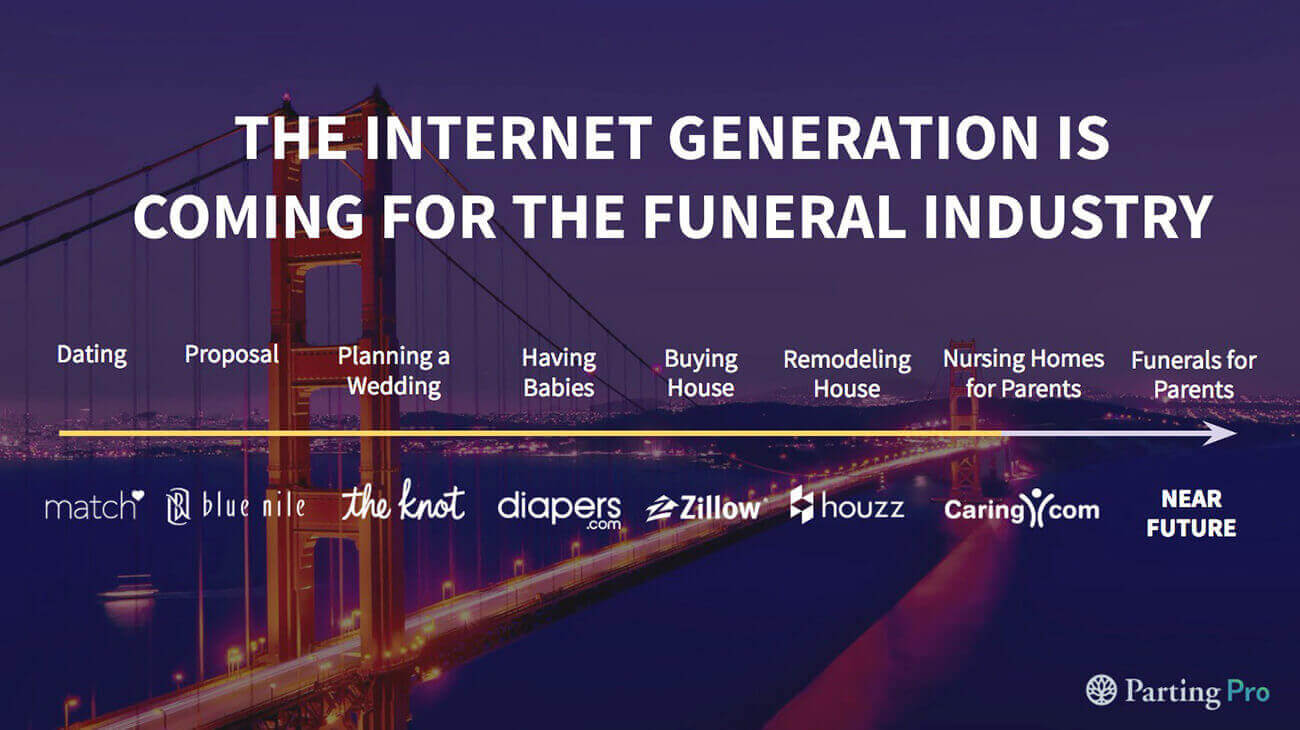Millennials are often accused of killing a long laundry list of industries, from movie theaters, to diamonds, to cereal. In fact, here’s a list of 70 things we’ve been accused of killing. While most of these industries are simply changing the way they do business, rather than becoming completely obsolete, it still begs the question: why is this happening?
Answer: the Internet.
The internet has shifted the power from the seller to the consumer. Companies no longer hold the single source of information that consumers rely on to make a purchase. Consumers can now find any information they need within a couple of clicks. They can find pricing, read detailed reviews, and see pictures. Often times, the decision in the customer’s head is already made before even speaking to anyone at the company.
As a result, successful companies started to heavily invest in creating a better online experience. So whether their customers choose to communicate with them in person or online, they can still give them the same level of, if not better, service.
A good example of this is how Netflix was able to dominate, and eventually transform, the home entertainment industry. They focused heavily on their customer experience. No more driving to the store to rent a DVD; you can get it mailed directly to you.

The trend of the industries getting disrupted, falls in line with the “internet generation” transitioning into adulthood. This generation grew up with the internet and is accustomed to a certain level of information and ease of use when interacting with places where they spend their money.
Let’s take me as an example. I’m a typical 29 year old. I buy virtually 100% of my needed items on Amazon and I always order ahead on my Chipotle app so my food is ready by the time I get there. I recently proposed to my fiance, and I was more than happy to buy her diamond ring, the largest purchase I ever made, entirely online.

There were a number of factors that made me prefer buying a ring online. I got a 20x, 360 degree zoom on each individual diamond, I had 24/7 live support to answer any questions, I got free shipping and a 30 day money back guarantee. I was able to do my shopping and research on my own time and I didn’t feel any pressure to buy. To me, this was much preferable to repeating the process of, driving to the mall, parking, sitting down with a sales person, and being upsold to, over and over.
So because their website was able to convey security through the design quality, provide social proof from reviews, and made it super easy to use, I was more than happy to make my purchase with them.
Don’t be mistaken. The changing buying habits of the internet generation does not only affect consumers who grew up with the internet. The internet has changed the buying habits of baby boomers as well. According to a study by The Pew Research Center, 83% of younger baby boomers use the internet, 59% have a smartphone, and 52% are on Facebook. In fact, Baby Boomers are the fast growing population of social media adoption over time.
This is a huge indicator that funeral home owners need to adopt as well. There needs to be a larger focus on how to cater to the buying process of your families rather than forcing them into a selling process that hasn’t changed in 100 years. You need to invest in your online presence and provide your families with the right tools. Information and ease of use are the two most important things to consumers. Forcing families to call you for pricing, to drive back and forth for appointments or to use a fax machine for documents is not putting their experience into consideration.
Perhaps you could proudly display your pricing and write a blog post on why your value is better than the competition, with detailed description and images. You could allow families to choose services or pay from the comfort of their own home, and allow them to sign documents directly on their phone.
It’s easy to look back and laugh at how the CEO of blockbuster said they weren’t even concerned about Netflix, and how they stated that families enjoyed the experience of driving to the store and picking a video. With innovation, there are winners and losers. In fact, in the last 15 years, 52% of Fortune 500 companies have disappeared. And this trend is only increasing.
So will the internet generation kill the funeral industry? Definitely not, but they will definitely change it. In fact, it’s already begun.

